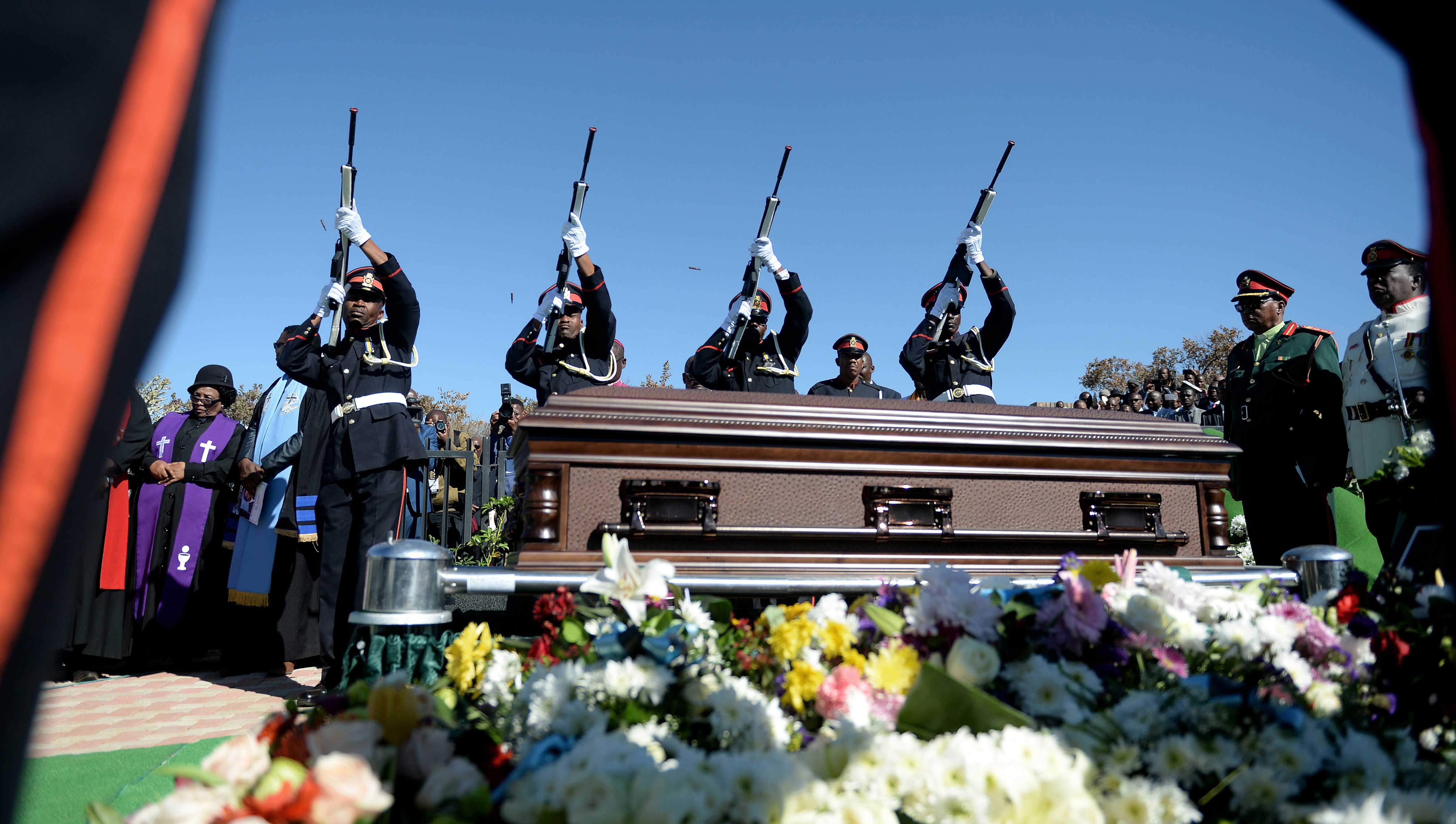- Usually when Facebook is alerted of a user’s death, they can freeze or “memorialize” their account
GOSEGO MOTSUMI
Social media platforms have been adapting to a growing presence of the online dead, this is according to a recently released report by the University of Texas at Austin, authored by Anna Rose Isbell and Scott R. Stroud.
The report indicates that social media has become a feature of our daily lives but how will it feature in the event of death of a user. It is easy to track who joins social networks but it is hard to keep up with who dies and some accounts exist in permanency while others are shut down by family or friends who have passwords. Facebook is largely hands-off with dead users unless there are specific requests from families.
“Most people don’t stop to think about what happens to their online selves after they pass away. Who has the rights to the digital image or record of a person after they are dead?” asked the researchers.
Usually when Facebook is alerted of a user’s death, they can freeze or “memorialize” the account. This serves two functions as it prevents anyone from hacking the account or gaining access to it. Secondly, it turns the profile into a memorial space which allows friends and family to publicly post their memories about the deceased individual.
Memorialization prevents embarrassing “normal” online interactions with the account of the deceased such as the sending of friend requests or invitations to shared events.
However, it has been argued that these online memories create controversy as norms have yet to be established when it comes to online mourning. Controversial questions such as what constitutes acceptable ways of using social network sites when performing mourning activities online arise.
“For example, many people may view the act of posting on a deceased person’s Facebook as immoral or as disrespectful for close family and friends trying to privately grieve. At the same time, this digital realm of mourning could provide closure for a geographically-dispersed group of acquaintances and allow people to continue talking to their loved ones by honouring their legacy,” the report says.
Before death was announced through phone calls, and before that, letters and house calls. The departed were publicly remembered via memorials, newspaper obituaries and flowers at grave sites. This is still the practice to some degree but increasingly announcements and mourning occur on social media which is the world’s largest site of memorials for the dead.
How do we deal with the fact that social media is, in some ways, quickly becoming a virtual graveyard? How do we deal with the digital remains of friends, loved ones, and strangers in a way that respects the living and the dead? the report asks.

